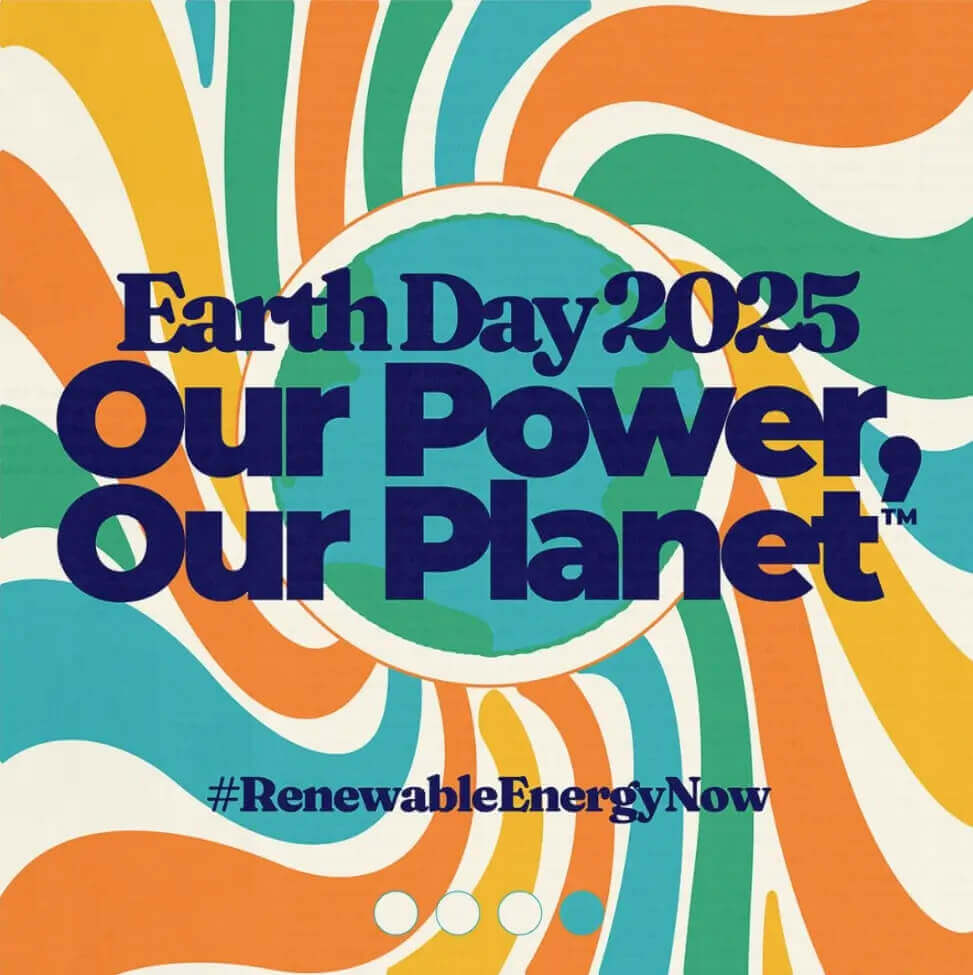
As billions of people across the world mark Earth Day 2025, the message from scientists, activists, and world leaders is clearer than ever: time is running out. This year’s theme, “Restore Our Earth,” reflects a growing global urgency to reverse environmental damage and confront the accelerating climate crisis.
Observed every April 22 since 1970, Earth Day has evolved from a grassroots environmental movement into the largest civic observance in the world. In 2025, more than 190 countries are taking part in events ranging from tree planting drives and plastic cleanups to policy forums and virtual climate summits.
According to the latest data from the Intergovernmental Panel on Climate Change (IPCC), 2024 was one of the hottest years on record. Extreme weather, rising sea levels, and deforestation are threatening ecosystems and displacing vulnerable communities especially in regions like East Africa, Southeast Asia, and coastal Latin America.
“Climate change is no longer a distant threat; it’s a lived reality,” said Dr. Amina Hassan, an environmental researcher based in Nairobi, Kenya. “If we don’t act now, the damage may soon become irreversible.”
From the melting Arctic ice to the wildfires in Australia and California, Earth’s warning signals are impossible to ignore.
In response to mounting environmental concerns, countries and organizations have launched ambitious climate pledges:
- The European Union is advancing its Green Deal, aiming for carbon neutrality by 2050.
- The United States has pledged over $10 billion to renewable energy innovation.
- China is ramping up efforts to reduce its dependence on coal and increase forest cover.
- In Kenya, thousands of volunteers are participating in a nationwide tree-planting campaign to restore degraded forests and riverbanks.
Meanwhile, tech companies like Tesla, Google, and Apple are investing heavily in green energy, carbon offsetting, and sustainable supply chains, highlighting the growing influence of private sector climate leadership.
Youth activists remain at the forefront of climate advocacy. Figures like Greta Thunberg, Vanessa Nakate, and local champions in Kenya and South Africa are using social media platforms to push for urgent policy change and climate justice.
“This Earth Day isn’t just a celebration, it’s a protest, a prayer, and a promise,” tweeted 19-year-old climate activist Lillian Wanjiku from Nairobi. “We’re fighting for our future.”
“The planet needs year-round commitment,” says Professor David Mbogo, an ecologist at the University of Cape Town. “From local governments to global institutions, we must make every day Earth Day.”
As millions plant trees, attend cleanups, and pledge to reduce their carbon footprint, the world pauses to ask: Will 2025 be the turning point Earth desperately needs?